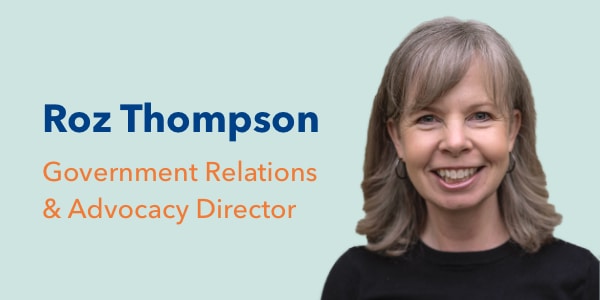Sep 5, 2024, 11:15 AM
by
Caroline Brumfield
As we move into fall, we are closer to the important general election in November that will elect a new President and Governor and numerous new legislators and other statewide elected officials. Three initiatives are on the ballot as well. The makeup of legislative committees and leadership positions will change somewhat as a result of the elections, so significant change in Washington’s political landscape is coming.
.png?sfvrsn=2be2057b_0)
As we move into fall, we are closer to the important general election in November that will elect a new President and Governor and numerous new legislators and other statewide elected officials. Three initiatives are on the ballot as well. The makeup of legislative committees and leadership positions will change somewhat as a result of the elections, so significant change in Washington’s political landscape is coming.
This year’s legislative session begins in January 2025. It is the first year of the biennium, known as a long session that lasts 105 calendar days, including weekends and holidays (short sessions are held on even-numbered years and the last 60 calendar days). One of the primary tasks of legislators during a long session is to pass the state’s biennial budgets for operating, transportation, and capital expenditures for the next biennium.
According to the Economic and Revenue Forecast Council, June’s revenue forecast shows that our state collections are about $500 million less than lawmakers counted on earlier this year which is manageable but could be concerning. Washington’s economy projects to generate $66.5 billion for the budget cycle that runs through June 2025.
Tightening budgets have led to some difficult choices for school districts. Staffing levels have been impacted, and student programs have been reduced. With five school districts in binding conditions and dozens more classified as financially distressed, one of our main goals in the legislative session is to work with legislators to help them understand the impact budget decisions have on our public school system.
Superintendents led the way this spring when WASA adopted their legislative platform that spells out three specific areas where the Legislature needs to fully fund basic education: Special Education, Materials Supplies and Operating Costs (MSOC), and Transportation. The shortfall in these three areas is at least $1 billion. District lobbyists and advocates have been working hard this summer to communicate this to legislators.
AWSP’s legislative platform will echo the need to fully fund basic education. It will also point out the need to develop a stronger leadership development system in our state, including better internships, additional mentoring opportunities, and more robust professional development for building leaders. We will continue to point to the need to support student mental and behavioral health as well as Outdoor School for All. Our platform should be ready to share by October.
There’s already a growing list of bills for consideration in the next session, including cell phone limits, school start times, and a ban on flavored tobacco and vaping products. Bills from past sessions, including financial literacy, computer science, and restraint and isolation will be reintroduced.
Our AWSP advocacy efforts are multi-layered. In addition to having some great contract lobbyists working on behalf of principals and our foundation, we have a small army of principals and assistant principals serving on our AWSP Advocacy Council and as Principal Partners for Legislators. We will also coordinate about 10 “Principal for a Day” events in schools around the state this October.
Change is an opportunity to cultivate new relationships and educate current and new policymakers on the realities you face as you lead the systems, culture, and learning in your schools. Reach out for more information or to get involved.
Short-term support needed from the state now:
- Fully fund the actual costs of special education & student support needs.
- Increase funding allocations for materials, supplies, insurance, and other school operating expenses to match actual, rising costs.
- Increase funding for transportation to align with actual, rising costs.
Long-term solution:
Reexamine the McCleary “Solution” to fix some of the structural issues and develop a school funding mechanism that recognizes the unique needs and differences of Washington’s 295 school districts. One size does not fit all.
“The underfunding of education through an insufficient funding model is hurting our schools, our students, our communities, and ultimately our state’s future.”
—www.waschoolfunding.org


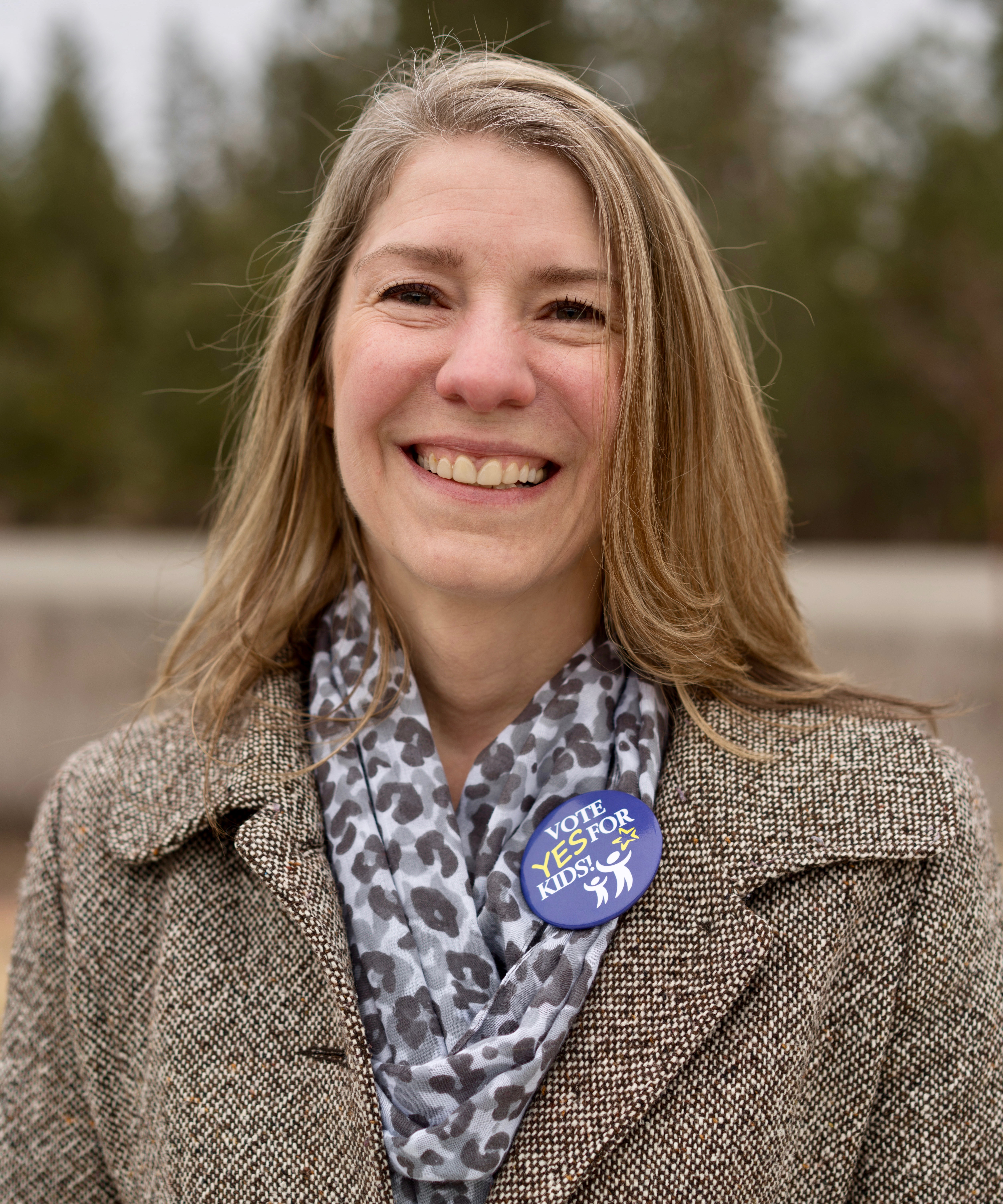
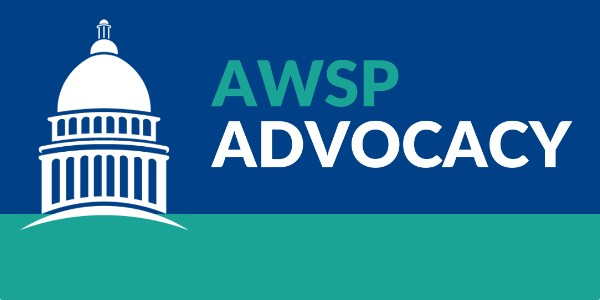
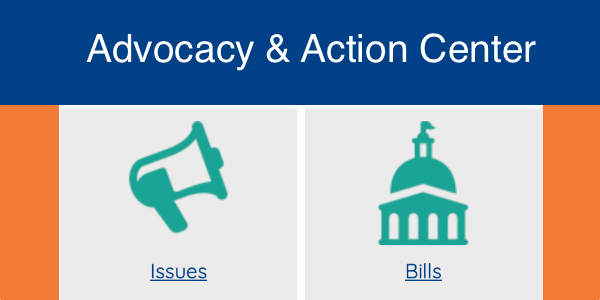
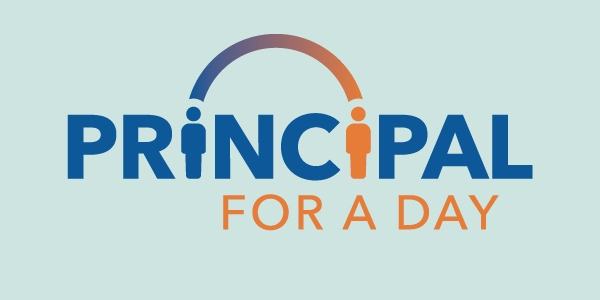
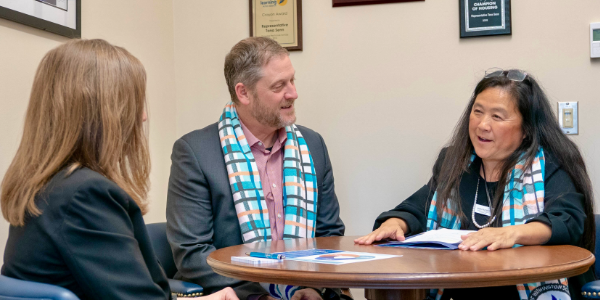
.png?sfvrsn=2be2057b_0)
